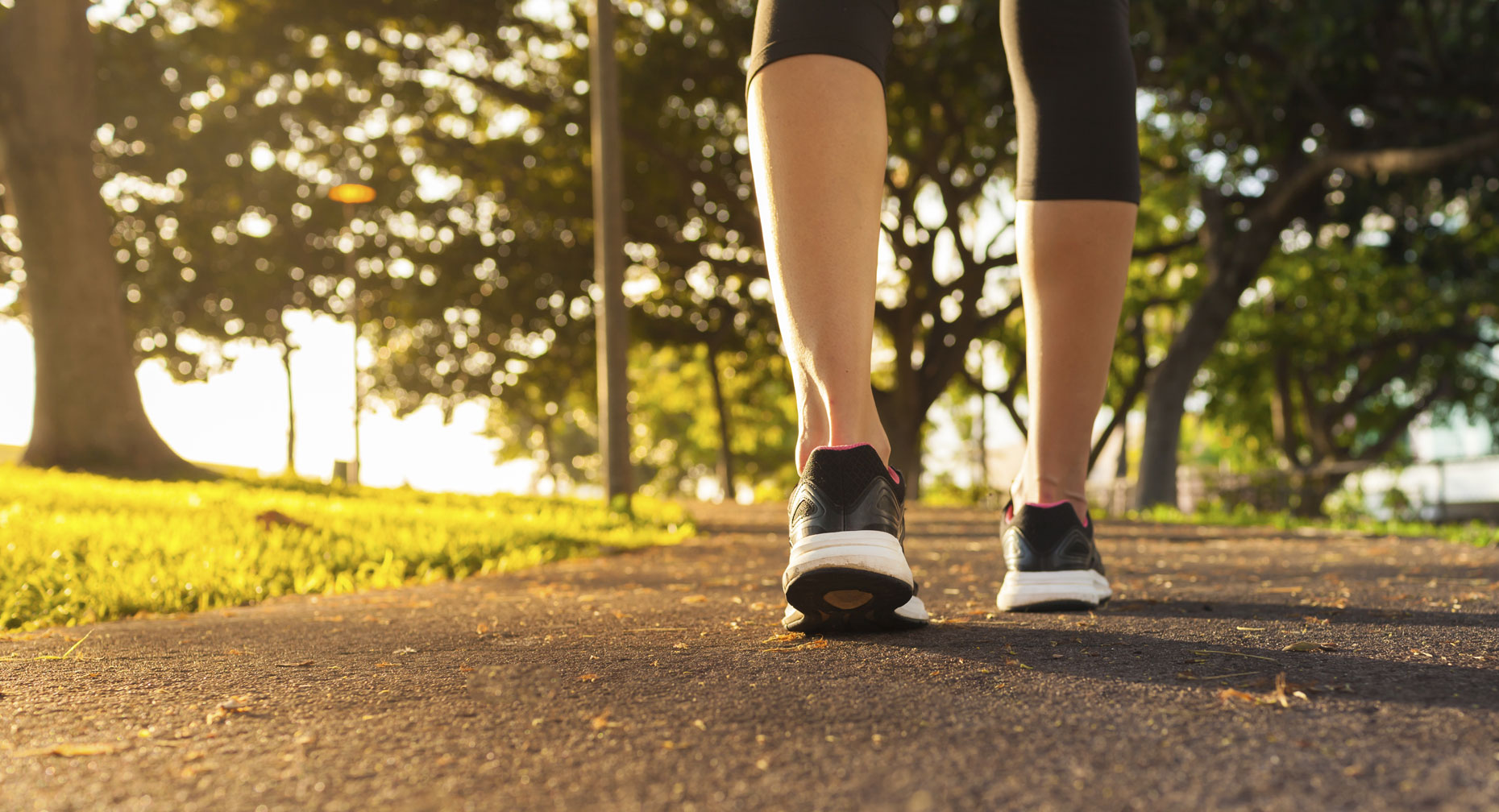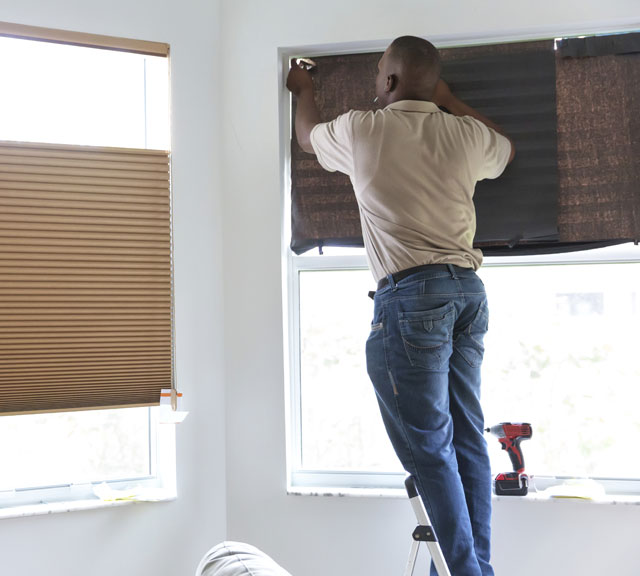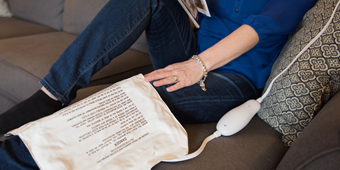10 Strategies for Better Sleep

Answer a few questions and we'll provide you with a list of primary care providers that best fit your needs.
A good long snooze gives your body the time it needs to rest, recover and grow. For the average adult, about eight hours of sleep a night is best.
You have to make sleep a priority.
You can help your body tune into its natural rhythms for sleep. Light and darkness signal to your body when it’s time to wake up or go to bed. Morning light triggers a natural clock inside your brain to begin raising body temperature and releasing stimulating hormones. Likewise, when your surroundings are dark and dim, that clock tells your brain to release a hormone called melatonin to make you sleepy.
Too often, those natural rhythms need help. “Sleep deprivation is such a common problem in America due to the fact pace of society. As a result, Americans develop what is called accumulated sleep debt.
You can overcome that sleep debt, but you have to make sleep a priority. How?
These 10 tips can put you on the path to sound sleep habits:
- Set a sleep schedule. Try to go to bed at the same time each night and wake up at the same time each morning. Aim to stay within an hour of your schedule, even on weekends.
- Make sure your bed is comfortable.
- Create 30 minutes to an hour of quiet time before bedtime. Your brain needs to relax. You need to give it some time to wind down. So, you need to start dimming the lights. Turn off your TV, turn off your phone, so that bright light or sound from those devices doesn’t cause your brain to be stimulated.
- Be sure your bedroom supports sound sleep.
- Keep your bedroom quiet, dark and neither too hot nor too cold. Use darkening shades to block streetlights and early morning light. Block sounds with earplugs, a fan or noise machine. These methods may be especially helpful if you work second or third shift and have to alter your body’s natural responses to light and dark.
- Try gentle stretching, breathing or relaxation techniques to calm your mind and body before you go to bed.
- Avoid heavy or large meals and alcohol for a few hours before bedtime. Also, avoid drinking liquids two to three hours before you sleep to limit the number of times you need to get up to use the bathroom.
- Avoid nicotine and caffeine — stimulants that can interfere with sleep — at least a few hours before bedtime. Coffee, certain pain relievers and decongestants, soda and tea, and even chocolate all may contain caffeine and prevent you from falling asleep.
- Spend time outside every day you can, and add some physical activity to your daily routine (but not too close to bedtime). Regular aerobic exercise such as walking, jogging, or swimming can help you fall asleep faster, get more deep sleep, and awaken less often during the night.
- Don’t nap; in the afternoon or especially in the evening. If you absolutely have to recharge during the day, limit an afternoon nap to 15 or 20 minutes.
- If you get into bed and cannot fall asleep after 20 minutes (or you wake up and can’t get back to sleep), get up and return to another space in the house to do a relaxing activity, such as reading or listening to music. Lying in bed awake too long can promote a link in your brain between your bed and being awake.
Answer a few questions and we'll provide you with a list of primary care providers that best fit your needs.
Source: Centers for Disease Control and Prevention, National Sleep Foundation, Harvard Medical School/Harvard Health Publications




